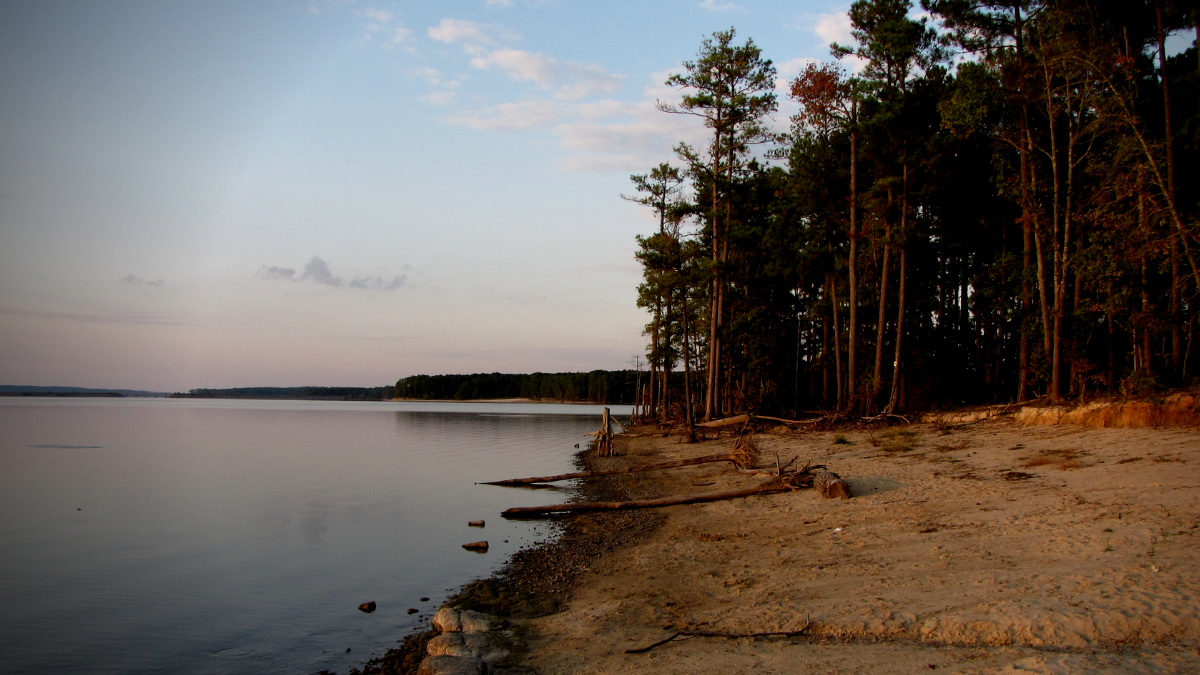Source: News & Observer
New environmental requirements in Burlington, thanks to a settlement agreement between the city and a Haw River protection nonprofit, will have positive impacts on rivers and lakes in North Carolina, The News & Observer reported.
The settlement, which was agreed upon between the City of Burlington and the Haw River Assembly, means that manufacturing companies that send forever chemicals to the city’s wastewater treatment plant will be required to find ways to eliminate them.
The city worked together with the Haw River Assembly, Duke University professors, and environmental consultants to track wastewater going through its system and figure out where per- and poly-fluoroalkyl substances (forever chemicals) were coming from.
They were able to narrow down the investigation’s focus to two companies and two landfills in the area.
As part of the agreement, Burlington agreed to require the companies to control PFAS or phase them out of specific product lines entirely. If any company wants to expand its operations or a new company wants to come in and operate there, it will have to answer a questionnaire describing whether and how it plans to use and control PFAS or 1,4-dioxane, according to The News & Observer.
“Upstream industry has been dumping toxic chemicals into the Haw River and into drinking water supplies for decades and now we know who those industries are and we’re holding them accountable,” Emily Sutton, the Haw River riverkeeper, told The News & Observer.
PFAS are man-made chemicals that have been linked with many different health effects such as increased risk of testicular or kidney cancer, lower birth weight and higher cholesterol. The other chemical, 1,4-dioxane, is classified as a “likely human carcinogen” that can also damage the liver and kidneys.
Sutton and the Haw River Assembly reported measuring PFAS levels as high as 33,000 parts per trillion in November 2019. Measurements today have declined to 519 parts per trillion.
The chemicals that are let out into the Haw River flow downstream and often get into Pittsboro’s drinking water before making their way to Jordan Lake, which supplies drinking water for more than 700,000 people in areas such as Cary, Apex, Durham, Holly Springs, Morrisville and parts of RTP located in Wake County, according to the North Carolina Department of Environmental Quality (NCDEQ).
“This Agreement is a win-win for the City and (the Haw River Assembly) as well as the citizens of North Carolina residing in the Haw River watershed,” Burlington officials wrote in a statement.
Environmental groups have also praised the settlement, saying that it sets an example for how other wastewater treatment plants should manage their industrial customers.
“For us, and what we suspect is the case for a lot of municipal wastewater systems across the state, is these industries are smaller sources within a larger wastewater utility system. So this investigation has allowed us to pull back the curtain and figure out what the sources are,” Sutton said.





